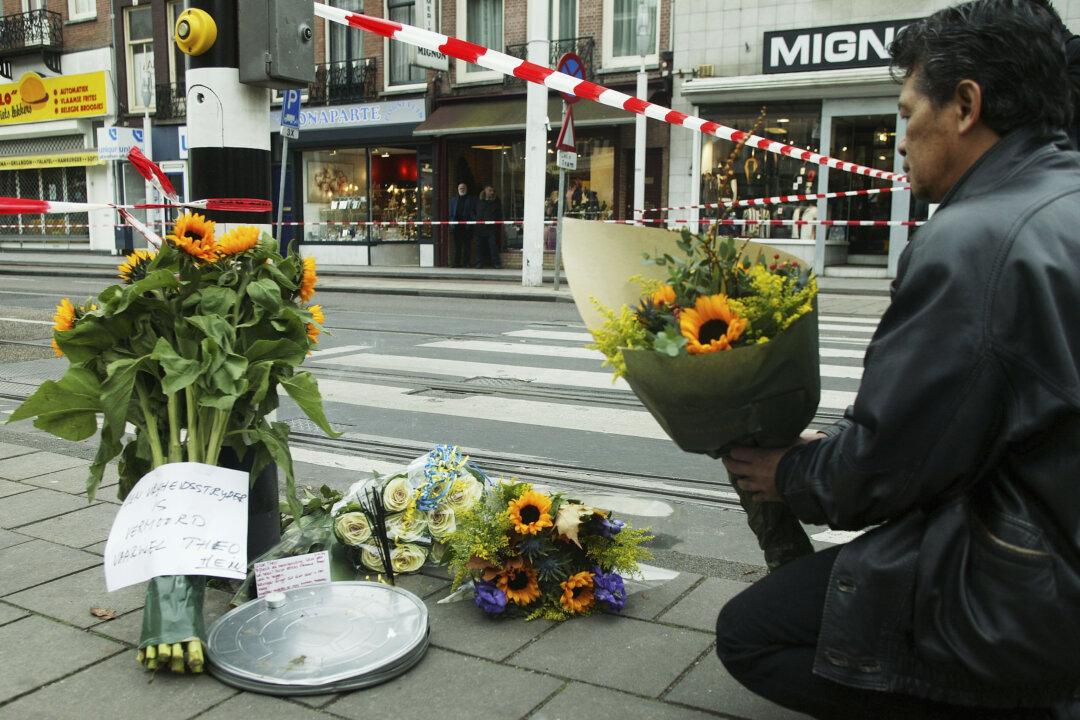Commentary
It’s been just over six months since the Oct. 7 attacks on Israeli soil, and the debate around Islamism has returned to Western political discourse—along with the accusation of “Islamophobia” repeatedly and callously hurled.

It’s been just over six months since the Oct. 7 attacks on Israeli soil, and the debate around Islamism has returned to Western political discourse—along with the accusation of “Islamophobia” repeatedly and callously hurled.